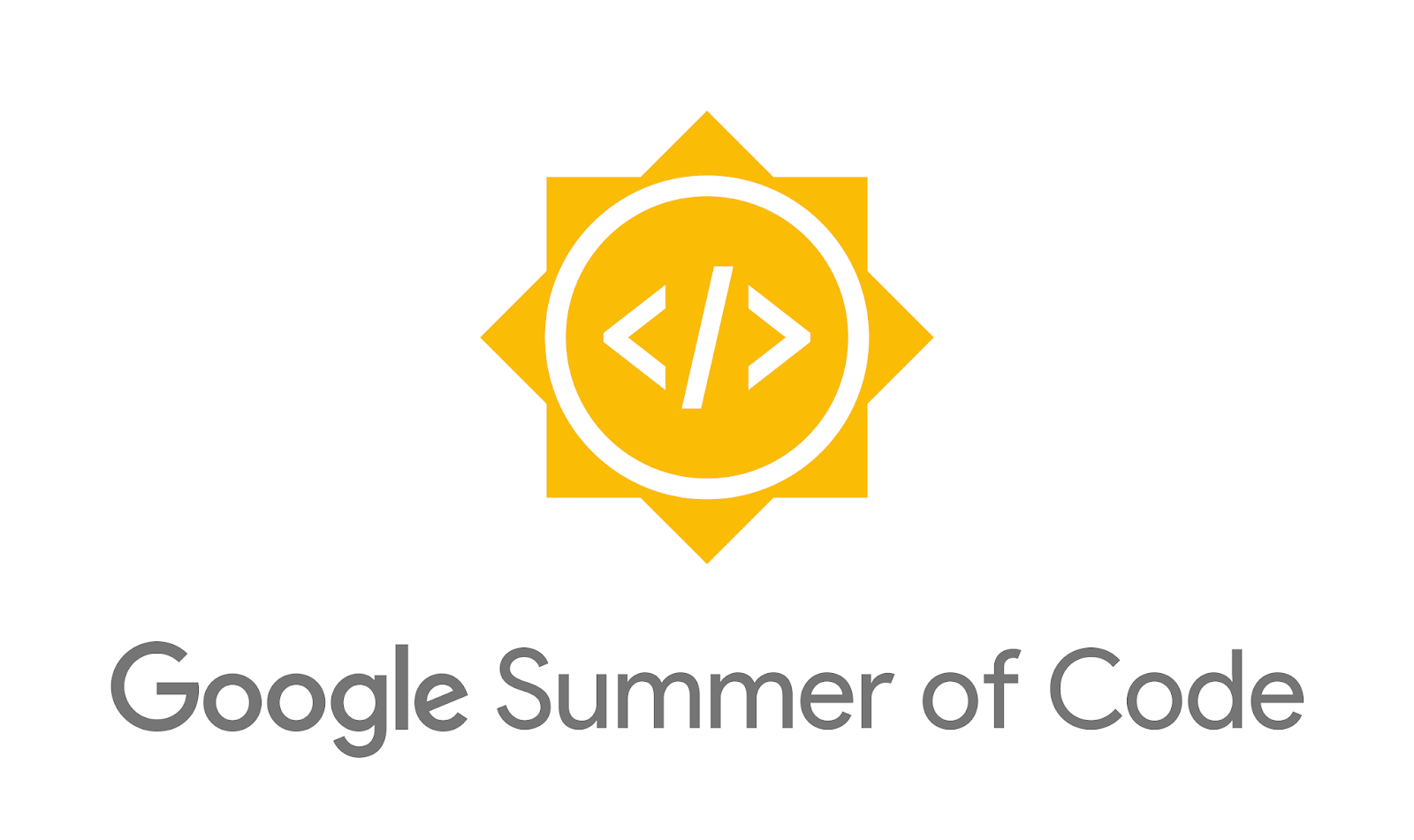
I got know about Google Summer of Code (GSoC) in last year. I just Googled about it about got some information but at that Time I was just wondering what do at GSoC.So without guidance, I got lost interest about GSoC in 2018 and let it go.
But I 2019 I get know about SEF scholer X programme for GSOC. So I applied for it and got select.

Once I got mentor He asked about the interested area and what sort of projects I 'm are looking at. After that, he asked me to list down all GSoC projects of organizations I liked, which are in the last two years.
here I have listed down all the projects and, Since I have an interest in Machine Learning I chose projects covering ML.
GOSC 2018
Python Software Foundation 2018 Projects
But I 2019 I get know about SEF scholer X programme for GSOC. So I applied for it and got select.

Once I got mentor He asked about the interested area and what sort of projects I 'm are looking at. After that, he asked me to list down all GSoC projects of organizations I liked, which are in the last two years.
here I have listed down all the projects and, Since I have an interest in Machine Learning I chose projects covering ML.
GOSC 2018
Python Software Foundation 2018 Projects
Sushil Khanchi -Add dry-run functionality to each write command
Parichit Sharma -DIPY workflows and Quality Assurance
Karandeep Singh Juneja -Extend Visualization - Focus in UI
Oleh Kozynets -Interactive 3D visualizations of human brain activity in the Jupyter Notebook using ipyvolume
Stefanie Lumnitz -PySAL - Geovisualization Package
Aditya Bharti -Scipy: Rotation formalism in 3 dimensions
Viral Mehta -Scrapinghub: Scrapy - Spider Auto Repair
Chau Tung Lam Nguyen -Scrapy performance improvement
Institute for Artificial Intelligence
CloudCV
Vipin Singh Improve Demo creation in Origami
fristonio Improve Demo creation in Origami
mlpack
Wenhao Huang -Alternatives to Neighborhood-Based Collaborative Filtering
Manish Kumar -LMNN (via Low-Rank optimization) & BoostMetric Implementation
Haritha Sreedharan Nair -Neural Collaborative Filtering
Atharva Khandait -Variational Autoencoders
GSOC 2017
CloudCV
Utkarsh Gupta -CloudCV Web App Redesign
Utsav Garg -Improved layer support and collaboration
Avais Pagarkar -Making research more accessible with Origami
Institute for Artificial Intelligence
Mykola Dolhyi -Multi-modal cluttered scene analysis in knowledge intensive scenarios
Marcel Meier -Realistic Grasping using Unreal Engine
Yilong Li -ROS with PR2 integration in Unreal Engine
Yousaf -Topic 3: ROS with PR2 integration in Unreal Engine
Python Software Foundation 2017 Projects
Vikram Nitin
Adding more types of Convolution Operations
Pradyun Gedam
Adding Proper Dependency Resolution to pip
João Victor Risso
Extend usage of optimized GPU libraries in Theano
Omar Hammad
Faster Stingray
xadahiya
Hydrus and a Simulation to demonstrate the capabilities of the Hydra Draft
Chris Andrew
Hydrus: A Hydra based server and ‘smart’ client to demonstrate the Hydra draft
Ras-al-Ghul
Italian Mars Society (IMS): Biometric Signal Sensor’s Interface
Abhijith C
Italian Mars Society (IMS): BIOMETRIC SIGNAL SENSOR’s INTERFACE
Vishnu Teja Yalakuntla
Italian Mars Society(IMS): Vision based Terrain Traversability Estimation for Planetary Robots and Astronauts
Trailblazer
Italian Mars Society: Space Weather Monitoring for A Virtual Reality Simulation of A Martian Settlement
Stefan Richthofer
Jython: Develop Windows version of JyNI and ideally support all extensions currently workable on POSIX (e.g. ctypes, NumPy)
Sumit Madhwani
Kivy: Plyer, a platform-independent API
Ján Jančár
Mailman: Encrypted lists
Evgeny Zhurko
Maximum Likelihood Estimation for count data
Rishabh Madan
Mercurial: Release notes Extension
britta-wstnr
MNE-Python: Hilbert beamformer for source reconstruction of neural oscillations
qrqiuren
MyHDL: Fixed-point Compiler
slietzau
New module for the creation of spectra for TARDIS
aleks_
PySAL: Explicitly spatial unsupervised learning (regionalization)
Vaibhav Gupta (vg3095)
Reading Simulation from file
Ira Lun
Rework and fix WebOb’s handling of HTTP Accept headers
Antônio Horta Ribeiro
Scipy: Large-scale Constrained Optimization
Sarthak Madaan
Scrapinghub (dateparser) : Integrate unicode CLDR database with dateparser
ScrapingHub: adding the support for finding and parsing dates in the large texts to dateparser
Parth-Vader
Scrapy benchmarking suite
Statsmodels: Survey methods and adding weights to existing methods
Sagar Kohli
Sub org: Peragro :- Implementation of plug-in for audio feature extraction.
Mohammed Affan
Theano:Add more convolution operations and update meta-optimizer
Haroon Rashid
Timelab Technologies : A library of Time Series Methods
Comments
Post a Comment